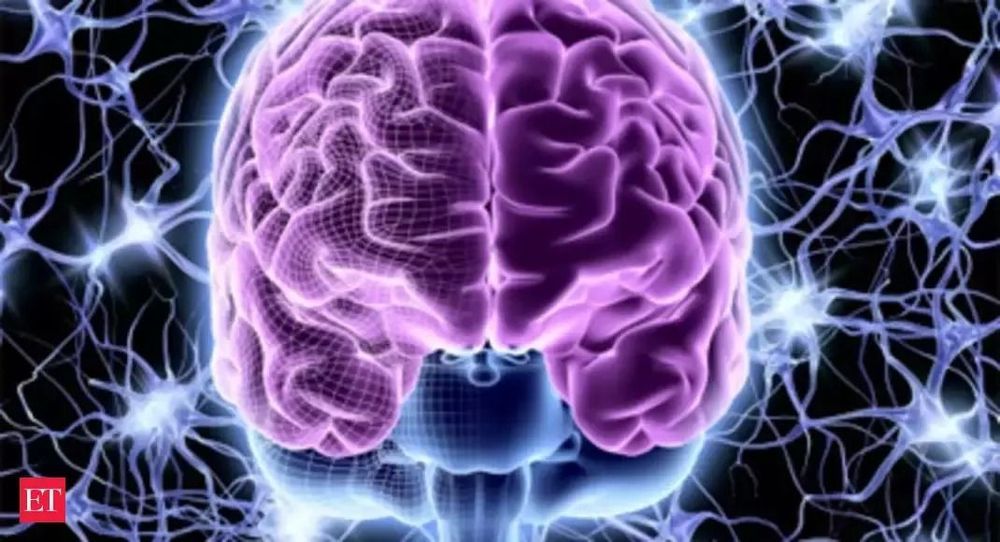WASHINGTON: Scientists have found that people who have a variant of a longevity gene have improved brain skills such as thinking, learning and memory. Researchers found that increasing levels of the gene, called KLOTHO, in mice made them smarter, possibly by increasing the strength of connections between nerve cells in the brain.
“This could be a major step toward helping millions around the world who are suffering from Alzheimer’s disease and other dementias,” said Dena Dubal, an assistant professor of neurology, the David A Coulter Endowed Chair in Aging and Neurodegeneration at the University of California San Francisco (UCSF) and the lead author of the study published in Cell Reports. “If we could boost the brain’s ability to function, we may be able to counter dementias,” Dubal said.
People who have one copy of a variant, or form, of the KLOTHO gene, called KL-VS, tend to live longer and have lower chances of suffering a stroke whereas people who have two copies may live shorter lives and have a higher risk of stroke. In the study, researchers found that people who had one copy of the KL-VS variant performed better on a battery of cognitive tests than subjects who did not have it, regardless of age, sex or the presence of the apolipoprotein 4 gene, the main genetic risk factor for Alzheimer’s disease.
